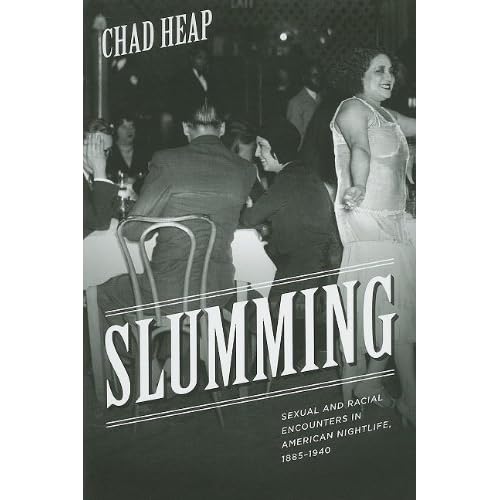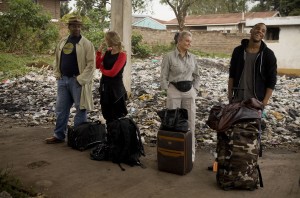A recent article by Fabian Frenzel and Ko Koens titled “Slum Tourism: Developments in a Young Field of Interdisciplinary Tourism Research” can now be downloaded for free from the publisher’s website. It provides a short overview of current central themes in the literature on the subject and sets out a short research agenda. As such it is both a useful introduction for researchers that are new to the subject, as well as those that want to reacquaint themselves with subject to do new research in the future.
recent article by Fabian Frenzel and Ko Koens titled “Slum Tourism: Developments in a Young Field of Interdisciplinary Tourism Research” can now be downloaded for free from the publisher’s website. It provides a short overview of current central themes in the literature on the subject and sets out a short research agenda. As such it is both a useful introduction for researchers that are new to the subject, as well as those that want to reacquaint themselves with subject to do new research in the future.
It is not certain how long this articel will remain open access, so it may be useful to download it soon!
Abstract
This paper introduces the Special Issue on slum tourism with a reflection on the state of the art on this new area of tourism research. After a review of the literature we discuss the breadth of research that was presented at the conference ‘Destination Slum’, the first international conference on slum tourism. Identifying various dimensions, as well as similarities and differences, in slum tourism in different parts of the world, we contest that slum tourism has evolved from being practised at only a limited number of places into a truly global phenomenon which now is performed on five continents. Equally the variety of services and ways in which tourists visit the slums has increased.
The widening scope and diversity of slum tourism is clearly reflected in the variety of papers presented at the conference and in this Special Issue. Whilst academic discussion on the theme is evolving rapidly, slum tourism is still a relatively young area of research. Most papers at the conference and, indeed, most slum tourism research as a whole appears to remain focused on understanding issues of representation, often concentrating on a reflection of slum tourists rather than tourism. Aspects, such as the position of local people, remain underexposed as well as empirical work on the actual practice of slum tourism. To address these issues, we set out a research agenda in the final part of the article with potential avenues for future research to further the knowledge on slum tourism.

 Seth Koven writes in his book “
Seth Koven writes in his book “